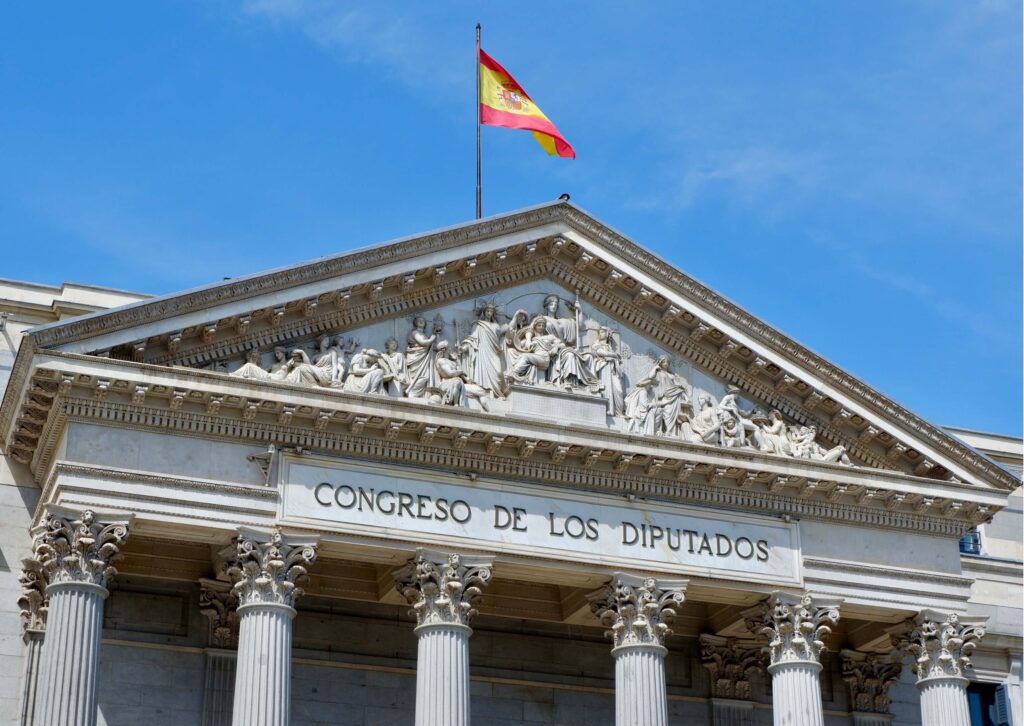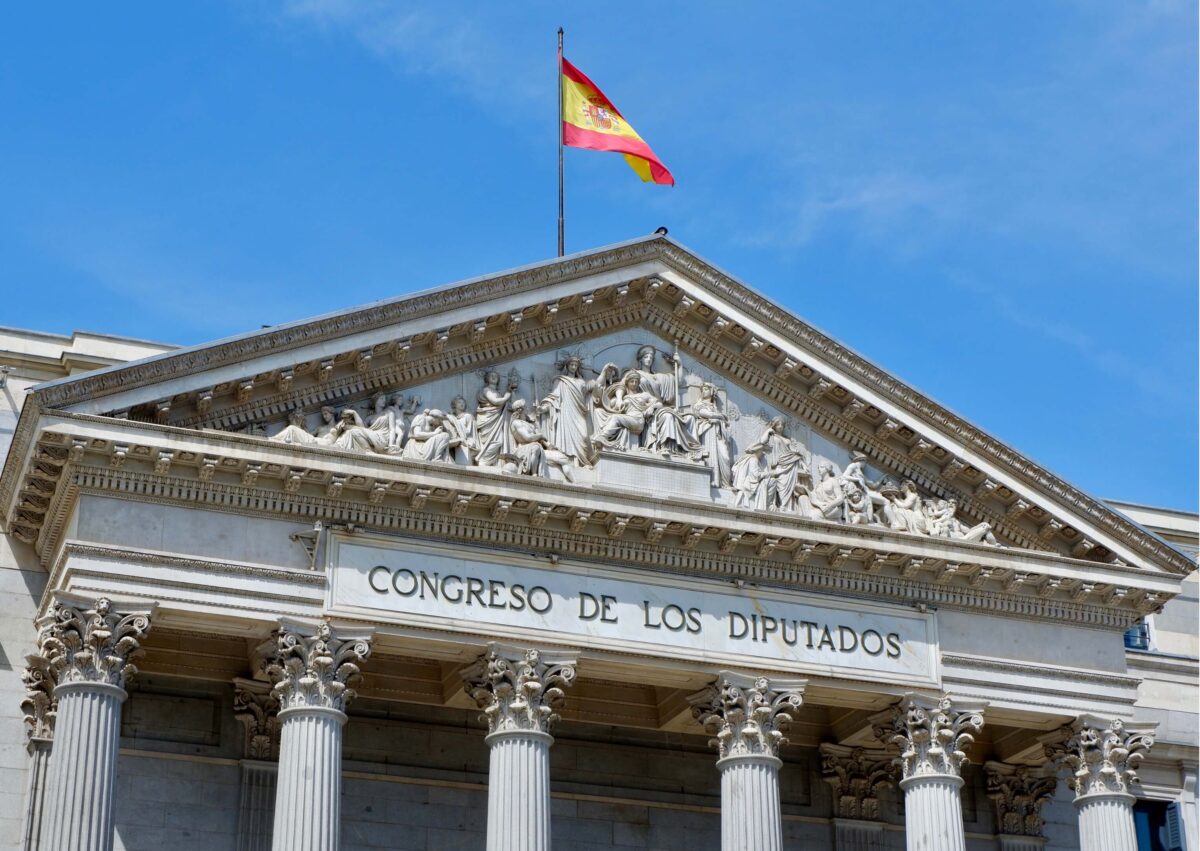Spain may see an end to the problem of feral tenants. In mid-November 2024, the Congress of Deputies introduced a new law that aims to reduce illegal occupation and speed up evictions.
The phenomenon of ‘ocupas’ involves organised criminal groups moving tenants into empty flats, often owned by foreign landlords, banks or investment funds. Spanish law currently only allows eviction within 48 hours of a burglary, which often leads to a situation where the police cannot take effective action. According to Article 202 of the Criminal Code, a burglary can only be recognised if the perpetrator is caught in the act, which complicates the lives of property owners. After the time limit indicated, the case can only be taken to court, and waiting for a verdict can take months or even years.
The new legislation aims to provide greater protection for landlords. The National Police and the Guardia Civil will be given the right to immediately remove tenants from occupied housing without having to obtain a court order. It will be crucial to establish whether the occupied property has an owner. If the tenant fails to produce valid documents proving the right to occupy the property, their action will be considered a criminal offence.
The law also covers so-called second homes, which means that property owners can expect faster action in the case of illegal occupants. Neighbours will be able to call the police, who will carry out an evacuation without a court order, if the property is abandoned. Other properties, such as garden sheds, will also be affected by the new regulations, provided proof of ownership is provided.
In addition, the new legislation imposes an obligation to cover damage caused by wild tenants. The police will also take action against people who claim to have purchased a property on the basis of false rental or sales contracts.
The amendment introduced stipulates that the recognition of usurpation of property and trespassing before the court will be possible in a maximum of 15 days. The changes apply to ordinary houses as well as those used seasonally, which is particularly relevant for foreign tourists.
The lower house of the Spanish parliament has approved the reform, despite opposition from Pedro Sanchez’s Socialist government. The bill will now be considered by the upper house, the Senate, which has an absolute majority, suggesting that the bill will pass without too much difficulty. Once approved by the Senate, the King of Spain must announce and order the publication of the law in the Official Gazette, which is a formality. The new, more restrictive legislation is expected to come into force in the first half of 2025.







